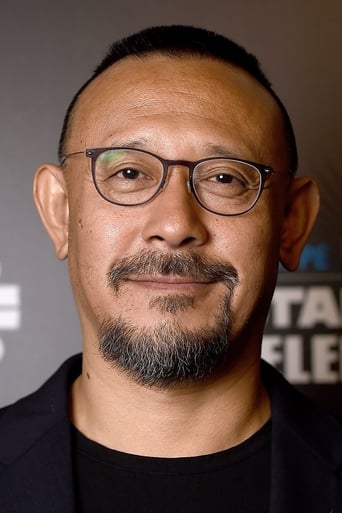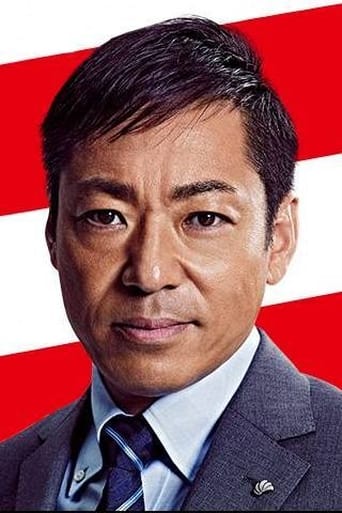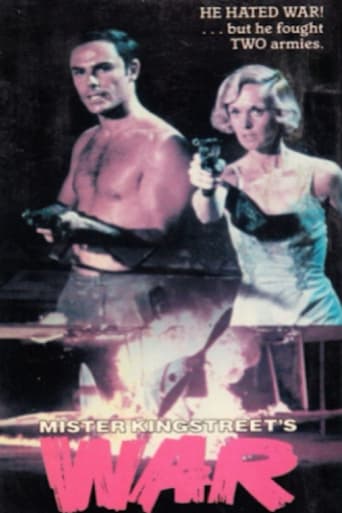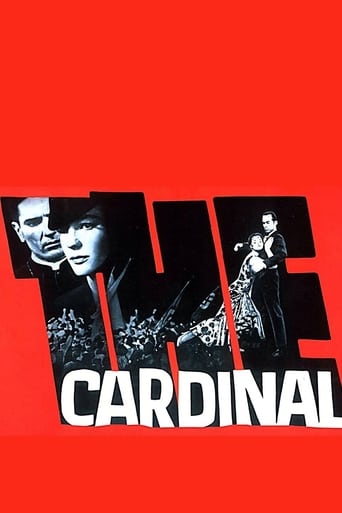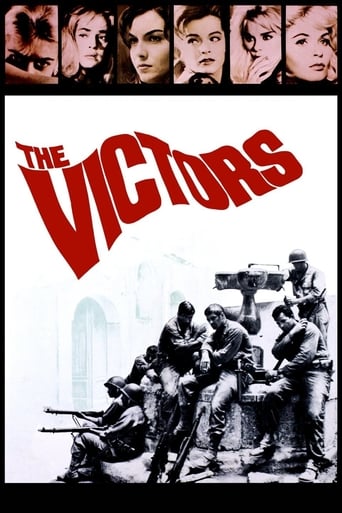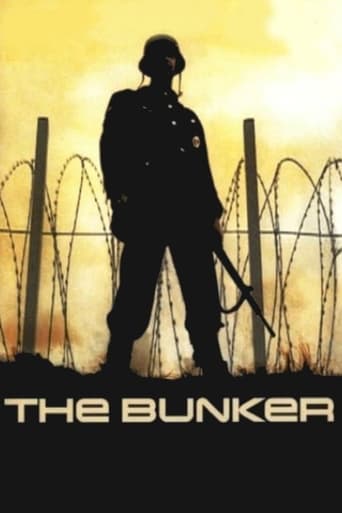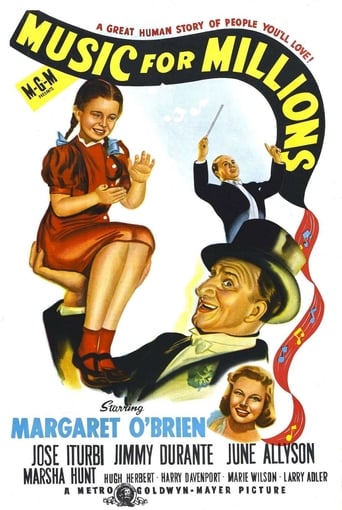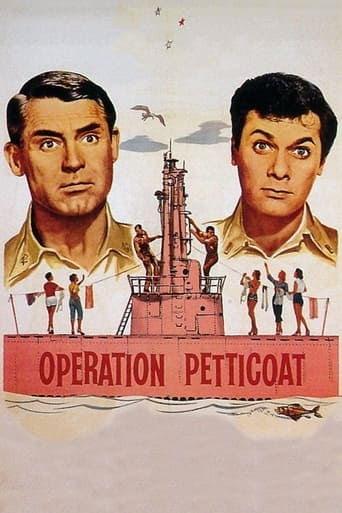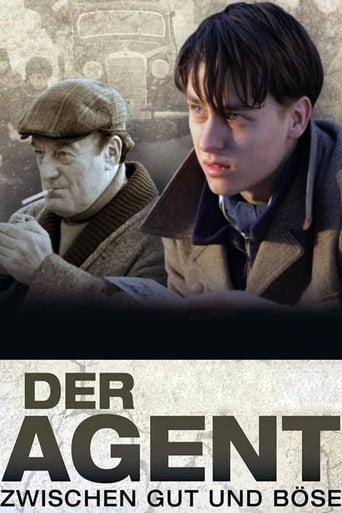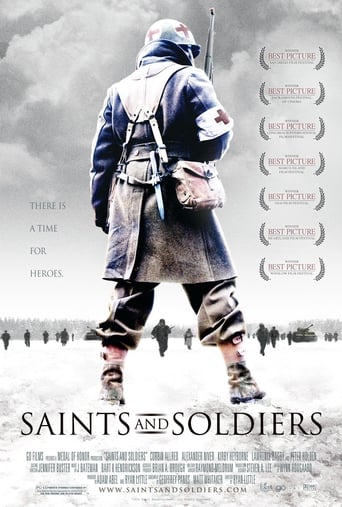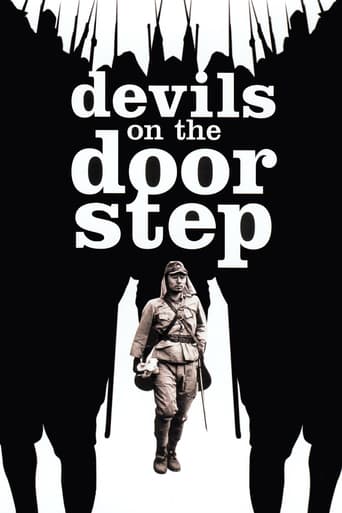
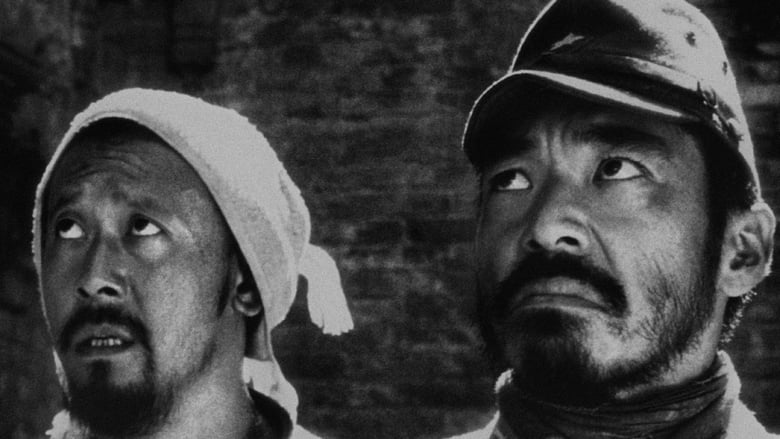
Devils on the Doorstep (2002)
During the Japanese occupation of China, two prisoners are dumped in a peasant's home in a small town. The owner is bullied into keeping the prisoners until the next New Year, at which time they will be collected. The village leaders convene to interrogate the prisoners. The townspeople then struggle to accommodate the prisoners. One is a bellicose Japanese nationalist, the other a nervous translator. Will the townspeople manage to keep the prisoners until the New Year?
Watch Trailer
Cast


Similar titles
Reviews
OK, it is obvious to Chinese people who "me" is: the Maoist, Communist resistance force: Communist Eighth Route Army (Ba Lu Jun).It is even more obvious "what" "me" is: an irresponsible, cowardly team of individuals who dumped the extremely dangerous load upon the innocent villagers, and bailed on them, never came back, and eventually led to the death of the entire village (who were so good-hearted that fed and bathed invader, save food for them..) There is so much to be said about this film, it is smartly made, has a message about every side involved in the conflict: Japanese Military, Chinese villagers, Chinese Communists, Chinese Nationalists... Messages that requires digesting to get..
When 'Devils on the Doorstep' was released in 2000, it was banned in China and its director, Jiang Wen, prohibited from directing any more movies for an unstated period of time. As it turned out, Jiang didn't direct another film until 2007. The film is set in a North Chinese town toward the end of the Japanese occupation in 1945. Apparently, the Chinese censors felt the film didn't cast the Japanese occupiers in a negative enough light as well as failing to depict the Chinese villagers as heroes.'Devils' is an unusual in that most of the film is a black comedy. The way Jiang depicts the Japanese occupation is quite different than the 'Rape of Nanking'. Here, the Japanese have occupied the small town of 'Rack-Armor Terrace' and have already settled in for eight years. There's no reign of terror here as the Japanese soldiers spend most of their time parading their musically-inept Navy band around town, who only happen to know one tune. Despite their contempt for the village they're in charge of, they basically leave the villagers to their own devices. The villagers are more upset about the lack of grain than the conduct of the Japanese soldiers.All that changes when an apparent partisan leaves a Japanese soldier and his Chinese collaborator-interpreter on the doorstep of our villager protagonist, Ma Dasan, tied up in gunny sacks, with orders to interrogate them and wait for his return, five days later, when presumably he'll return and take custody of them again. The partisan threatens both Dasan and his fellow villagers with death, if he doesn't cooperate.The captured Japanese soldier, Hanaya, is a caricature of the fanatical type of World War II Japanese soldier, often depicted in American propaganda movies during World War II. The Chinese interpreter, Hanchen, fearing that the villagers will kill both of them, intentionally mistranslates Hanaya's belligerent words, so that his captors will get the impression that he's actually benign (the joke of the villagers misinterpreting Hanaya's intentions, goes on for way too long). Ma Dasan informs his fellow villagers of his quandary and they agree that Ma Dasan should keep the captured soldiers in his cellar.After six months goes by and the partisan fails to return, the villagers agree to cast lots, to determine who amongst them, should execute the prisoners. Ma Dasan ends up being chosen but doesn't have the gumption to kill his captives, so he hides them in a watchtower along the Great Wall of China and brings them food and water. The villagers discover Ma Dasan's ruse when the prisoners fail in an escape attempt so they decide to hire an assassin, a bumbling, retired executioner by the name of 'One Stoke Liu'. Liu is completely incompetent and misses when he tries to slice off the prisoners' heads. At this point, one can hardly take the film seriously at all, as the characters (exemplified by such a buffoon), appear to be a bunch of bumbling fools. The same goes for two Japanese soldiers, who fail in their obsessive quest to capture a chicken as well as Ma Dasan's fellow villagers, who are constantly engaged in one petty argument after another.After Hanaya miraculously transforms himself from fanatic to grateful fan of his captors, he proposes that if the villagers release him, he'll approach the Japanese commander (Sakatsuka) and ask for two wagons of grain for the town. The ensuing scenario fails as satire, since it's too detached from reality. I can see why the Chinese censors took Jiang to task as no Chinese villager would be stupid enough to bring a captured Japanese prisoner back to a commanding officer, expecting not to be punished and worse, hope that said Commander ends up rewarding them, for their actions.Hanaya ends up as the one who's punished, as his death has already been reported to his hometown (where a memorial has been erected) and to now reveal that he's still alive (and was a prisoner of the Chinese to boot), would be a great humiliation for Sakatsuka and his unit. In a most unlikely reversal, Sakatsuka agrees to keep the agreement Hanaya made with the villagers and ends up giving them not just two wagons of grain, but an additional four.If all this seems unbelievable, Jiang decides to shift gears at film's end, dispensing with the overall comic tone. The jarring transition between black comedy and serious drama would have been much more effective had he had a little more empathy for his characters to begin with. So when things get 'serious', and the stakes are raised, we don't care much for what happens to characters who end up as tragic victims.As the plot unfolds, Sakatsuka turns on the villagers when they fail to produce the man who captured Hanaya to begin with and believes Ma Dasan has gone off to fetch some partisans. The paranoid outburst leads to the villagers being massacred (including a Japanese soldier murdering a young child) despite the fact that Sakatsuka already knows that Japan has surrendered.The coda is just as gruesome. Hanchen is executed by the Nationalists and Ma Dasan cracks up, and attacks Japanese POWs. Soldiers prevent him from hacking Hanaya to death and in a cruel twist, Major Gao, the Chinese Nationalist in charge, has Hanaya behead Ma Dasan, as punishment for his crimes.Jiang pulls out all the stops at irony, when a transformed Hanaya is forced to execute Ma Dasan, the good man who saved him but who went mad due to the cruelties of war. Jiang did well not to show the Chinese as completely heroic as the censors wanted, but went too far by turning them (along with the Japanese occupiers) into buffoons. When death finally came to the characters whom Jiang wanted us to laugh at earlier, their sudden demise hardly seemed tragic at all.
There is no question that the Japanese occupation of mainland China during WWII was marked by unimaginable cruelty and actions so barbaric that any sane human being would shudder at the description of them. This is all obvious to anyone who has had an unbiased, detailed education of that dreadful time period. On the surface, Jiang Wen's film touches on these acts to illuminate what it must have been like for the Chinese to cope with the Japanese "devils". But a thorough viewing of the film reveals so many more questions not just about the Chinese and Japanese but about the universal relationship between war and humans. Wen directs this film in a peculiar way. He uses comedy that forces us to laugh at things that we shouldn't. You find yourself smirking or smiling in moments until you catch yourself and remember that the whole scene in which you were laughing at was where character's lives were at stake. Most people will read this and not see what is so masterful about this approach. What makes Wen's quirkiness work is that it illuminates the naivety of human beings while at the same time brings these characters to life, which in the end leaves us trembling with emotion. It is a film that transcends common conceptions about war. A masterpiece.
"This review may contain a spoiler"The plot is simple. 2 war prisoners, one Japanese the other a Chinese translator, are dumped in the hand of a small village and asked to keep them alive until they would be collected in 5 days time, however the 5 days have passed and no one come to collect those 2 prisoners.So what do we do with those 2 ?Through this simple story the director,producer,writer and actor Wen Jiang manage to show the 2 societies and their different attitude towards things and manage to raise some question of good and bad,collaboration in war time.What is a collaborator? How do you survive a difficult situation, what price are you willing to pay and many more. The film is shot in black and white as a symbol to the fact that we tend to see the world in black and white.the acting is superb and I have only praises for the film. The film criticise also the Chinese government after the war and say though not in so many words that they were no better than the occupation.The film is a bit too long and as a western I probably lost some of the nuances but nevertheless it is still a good and powerful film,not to be missed.


